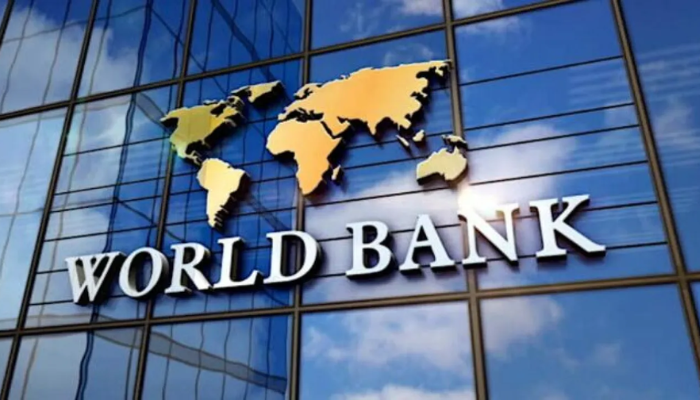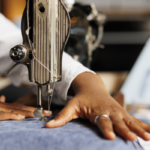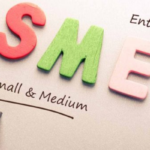The World Bank has announced a $1.2 billion investment in girls’ education across 18 Nigerian states. The initiative aims to improve access to secondary education and provide empowerment opportunities for adolescent girls.
The investment was disclosed at the relaunch of the Adolescent Girls Initiative for Learning and Empowerment (AGILE) programme in Abuja. The World Bank Country Director, Ndiame Diop, made the announcement through the Bank’s Senior Social Protection Specialist, Tina George.
Diop stated that the programme would support secondary education for adolescent girls and provide empowerment opportunities. He highlighted the role of education in shaping communities and stated that an educated girl positively influences those around her.
Read also: Naira strengthens to eight-month high as dollar demand declines
Programme objectives and coverage
The AGILE programme targets 18 states, including Borno, Ekiti, Kebbi, Kaduna, Plateau, Katsina, Kano, Adamawa, Kogi, Nasarawa, Niger, Bauchi, Jigawa, Yobe, Kwara, Gombe, Sokoto, and Zamfara.
The initiative aims to benefit 15.2 million students, with 8.6 million being adolescent girls. The programme also includes support for married and unmarried girls and those with disabilities. In total, over 25 million people are expected to benefit from the education and empowerment initiatives under the project.
Progress and achievements
The AGILE programme has made progress in enhancing educational infrastructure. Diop reported that 104 new secondary schools have been constructed, while 3,922 schools have undergone rehabilitation. These developments aim to improve the learning environment and encourage school attendance.
Read also: CBN mandates two-year audit for LGAs’ revenue access
The programme has provided direct benefits to over 2 million girls and 1.7 million boys. These efforts contribute to broader objectives of increasing gender equality in education and creating inclusive learning environments for all students, particularly those from marginalised groups.
Stakeholder collaboration
Diop emphasised the need for collaboration among government agencies, traditional and religious leaders, educational institutions, and civil society organisations. He stated that joint efforts are required to address the systemic challenges that limit girls’ access to education.
The AGILE programme seeks to remove barriers and ensure more girls can complete their education. The World Bank’s investment is expected to strengthen educational opportunities and provide long-term benefits for communities across the targeted states.








